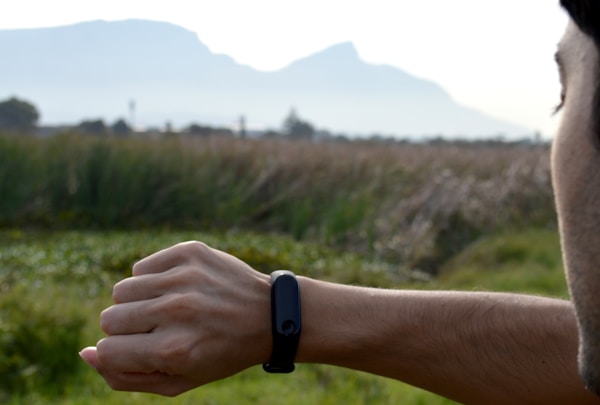The healthcare industry is rapidly evolving, and many modern healthcare facilities are turning to digital health solutions to keep up with the pace. Digital health solutions can encompass a wide range of technology-driven solutions, such as electronic health records (EHRs) and telemedicine, to help healthcare professionals deliver better patient care and improve operations.
Electronic Health Records

Electronic health records have revolutionized the way health care providers store and access patient information. By utilizing these tools, healthcare professionals can access patient records, document care, and manage patient data quickly and accurately. In addition, EHRs allow healthcare providers to share information between different providers and organizations, eliminating the need to manually transfer paper records.
The use of electronic records in healthcare is rapidly growing, and many medical professionals are beginning to utilize these systems in their practices. As the use of these tools increases, healthcare providers will continue to benefit from the advantages they provide. From improved patient care to increased efficiency, electronic health records provide numerous benefits to healthcare professionals and patients alike.
EHRs can also help healthcare providers improve their operations. For instance, they can help providers maintain accurate patient records, streamline billing and payment processes, and reduce paperwork. In addition, they can help providers track patient outcomes and improve patient safety.
Telemedicine
Telemedicine is becoming an increasingly popular form of digital health solution in modern healthcare facilities. With the advancement of telecommunications technology, telemedicine is allowing healthcare professionals to connect with patients in a remote and efficient way. This technology has the potential to revolutionize healthcare and make it more accessible to those who may not otherwise have access to care.
Telemedicine can be used to diagnose and treat patients remotely, which can drastically reduce wait times and improve access to specialty care. Telemedicine can also be used to better manage chronic diseases, as providers can monitor patient’s progress from a remote location. This technology can also help to reduce the cost of healthcare, as providers can provide care to patients in rural and remote areas without the need to travel.
mHealth

One of the most promising applications of mHealth solutions is the ability to remotely monitor patients. Wearable devices, such as smartwatches and fitness trackers, can be used to track patient data, such as heart rate, blood pressure, and activity levels. This data can be used to monitor the health of patients with chronic conditions, and alert healthcare professionals when changes in the patient’s condition occur. This can allow for earlier intervention and preventative care, reducing the risk of complications and improving patient outcomes.
The potential of mHealth solutions to improve patient outcomes and reduce healthcare costs is undeniable. However, healthcare providers must ensure that mHealth solutions are secure and compliant with relevant regulations. Additionally, healthcare professionals must ensure that mHealth solutions are user-friendly, so that patients can easily access and use them. By taking these steps, healthcare experts can ensure that mHealth solutions are used safely and effectively to improve patient outcomes and reduce healthcare costs.
Artificial Intelligence
AI has been slowly infiltrating the healthcare industry for quite some time now, and it’s finally gaining traction as a viable option for improving the delivery of care. AI can help healthcare providers automate administrative tasks, such as scheduling appointments and processing tests, as well as diagnose and treat illnesses and provide personalized care.
Overall, AI is becoming increasingly important in healthcare, as it can help healthcare providers automate administrative tasks, diagnose and treat illnesses, and provide personalized care. AI can also help medical professionals reduce costs, improve efficiency, and provide better patient care. As such, it is likely that AI will continue to be used more and more in healthcare in the future.
Digital health solutions are quickly becoming essential for modern healthcare facilities. These solutions can help healthcare experts reduce costs, improve patient outcomes, and provide better access to care. As medical professionals continue to embrace digital health solutions, they will be better able to meet the changing needs of their patients.




